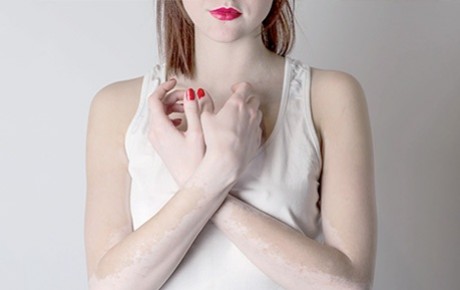Piperine has been studied for several years and it reveals promising in the treatment of skin repigmentation. However, it requires high concentrations to better exercise its effectiveness and requires a prior solubilization in alcohol that is responsible for skin irritation and reduced compliance of the topical treatment.
Basing on new scientific evidences Fagron R&D team developed Pigmerise™. Pigmerise™ is a natural phytocomplex derived from black pepper (Piper nigrum L.) fruit extract in oleoresin, with high concentration of alkaloids and volatile oils. Pigmerise™ stimulates the melanocytes replication located deeply in the skin and it induces the formation of dendrites. Pigmerise™ promotes the melanogenesis and melanocytes proliferation leading to skin repigmentation.
Pigmerise™ is an oleoresin that can be easily compounded in Fitalite™ without the use of alcohol. Pigmerise™ does not contain preservatives and antioxidants, and allows for fast and safe incorporation into topical formulations. The liposomal formulation of Fitalite™ allows the Pigmerise™ phytocomplex to be deeply absorbed reaching the melanocytes for a more effective repigmentation process.
Pigmerise™ is indicated for treating different forms of hypomelanosis such as vitiligo, idiopathic guttate leukoderma, piebaldism, hypomelanosis of Ito and other disorders in which there is reduction in melanocytes. Safety, stability and skin tolerance studies show that Pigmerise™ in Fitalite™ gel cream is a safe alternative for the treatment of hypopigmentation disorders of the skin, with important results when compared to conventional treatments. Pigmerise™ in Fitalite™ gel cream can be used in children and can be applied on sensitive skin and difficult to treat areas such as around the eyes, mouth and genitals.
[1] Soumyanath A, Venkatasamy R, Joshi M, Faas L, Adejuyigbe B, Drake AF, Hider RC, Young AR. Uv Irradiation affects melanocyte stimulatory activity and protein binding of piperine. Photochem Photobiol, 2006 Nov-Dec;82(6):1541-8.
[2] Faas L, Venkatasamy R, Hider RC, Young AR, Soumyanath A. In vivo evaluation of piperine and synthetic analogues as potential treatments for vitiligo using a sparsely pigmented mouse model. Br J Dermatol. 2008 May;158(5):941-50.
[3] G. Menchini, C. Comacchi. Testing a piperine cream with and without ultraviolet B phototherapy in 75 patients affected by bilateral vitiligo, GISV- Italian Group for the Study and Treatment of Vitiligo, 2009
[4] Prof. Simonato Michele. Patch test occlusivo Pigmerise™ in Fitalite™, Centro di cosmetologia Universitΰ di Ferrara, 2015.
[5] Prof. Manfredini Stefano. Studio di stabilitΰ di formulazioni cosmetiche Pigmerise™ in Fitalite™, AmbrosiaLab srl, Centro di cosmetologia Universitΰ di Ferrara, 2016
